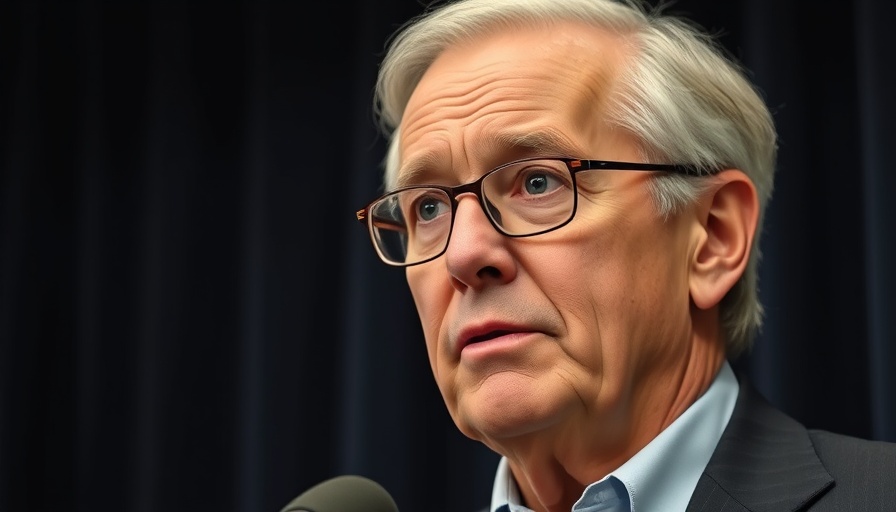
CFPB Office Closure: A Significant Change in Consumer Protection
This week, the Consumer Financial Protection Bureau (CFPB) made a bold move that sent shockwaves through the financial oversight community. Employees in Washington, D.C. were unexpectedly instructed to work remotely following an email from agency COO Adam Martinez. The email declared the closure of the D.C. headquarters until further notice, raising questions about the future of this pivotal federal agency, which was established in the wake of the 2008 financial crisis to safeguard consumers.
What Does This Mean for Consumers?
The CFPB has played a crucial role in ensuring that consumers are treated fairly by financial institutions. But recent developments may hinder its activities significantly. New acting director Russell Vought's directive to halt nearly all operations could lead to a lapse in enforcement of consumer protections. This halt comes at a time when many Americans rely heavily on oversight to navigate complex financial products.
A Dangerous Precedent for Financial Oversight
What makes this situation even more alarming is how quickly the sweeping changes have come. Vought, appointed following the dismissal of former director Rohit Chopra, is part of a broader agenda that critics claim aims to undermine consumer protections. The assertion that the CFPB will stop seeking its traditional funding from the Federal Reserve has raised eyebrows, with many lawmakers arguing that such a move undermines the agency's independence and accountability.
Looking Ahead: Potential Implications
While the closure of the CFPB’s headquarters does not automatically mean the end of the agency, it could signal future budget cuts or shifts in its priorities. With enforcement actions against banks and lenders potentially halted, stakeholders fear there will be tangible consequences for consumers already facing rising costs in various sectors. For instance, the suspension of rules to limit overdraft fees and medical debt disclosure from credit reports could have an immediate impact on people’s finances.
Restoring Trust in Financial Institutions
The ramifications of the CFPB’s closure extend beyond just operational changes. It can erode public confidence in the financial system at large. Consumers depend on the CFPB to set standards and ensure accountability among financial institutions. The prospect of their watchdog falling silent raises concerns about potential exploitation by those very institutions that the CFPB was designed to oversee.
As we watch these developments unfold, it is crucial for consumers to remain informed about their rights and resources available to them. Staying engaged and advocating for consumer protections will be necessary as we traverse this uncertain landscape.
 Add Row
Add Row  Add
Add 




 Add Row
Add Row  Add
Add 

Write A Comment